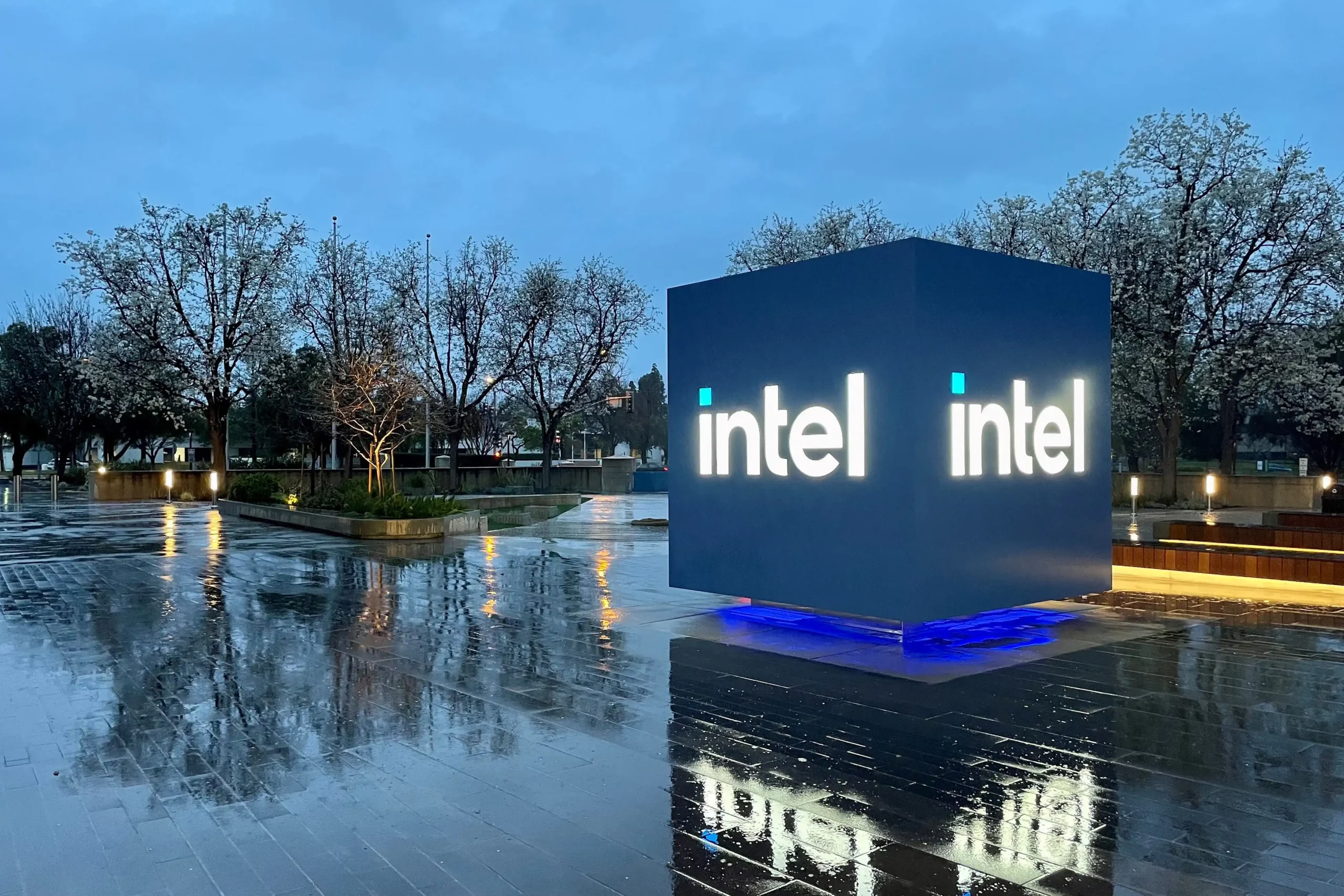Intel Is the “Insurance Policy” For Every US Fabless Chip Firms Like Apple, NVIDIA & AMD Against Supply Risks Around TSMC, Says Renowned Analyst

Intel is the ‘hedge’ against geopolitical and supply risks associated with depending on TSMC, according to an analyst, who says that Team Blue would eventually be needed.
“You Don’t Need It, Until You Need It,” says Analyst When Talking About Whether Intel Could Serve As a Replacement to TSMC
Intel’s role in the chip industry has evolved dramatically over the past few years, particularly as the native chipmaker producing cutting-edge nodes in America. However, with the Trump administration’s push to produce in the US, companies like TSMC have ramped up their investments in America, and they are seeing massive interest, which raises the question of what Intel’s role would be in the US chip industry. However, according to the renowned analyst Ben Bajarin, speaking in a podcast with Stratechery (via Ray Wang), Intel is the insurance policy for the US fabless giants, being the ‘only’ US-focused alternative in case TSMC faces geopolitical risks.
At the end of the day, Intel existing is the single most important piece of insurance for an Apple, for an AMD, for an Nvidia, for a Qualcomm for basically every single US fabless chip company, and the reason why insurance is the right analogy is because in any normal state of affairs, they don’t need Intel.
These are some interesting analyst notes, and they provide an angle that isn’t often discussed in the industry. We know that the spotlight is all around TSMC in the chip industry, as every major tech giant fulfills its needs by sourcing its semiconductors from the Taiwan giant. More importantly, the demand for future nodes, such as the N2 and the A16, is anticipated to be massive, indicating that, for now, TSMC remains the go-to spot for companies like Apple, NVIDIA, and AMD. But what happens when chip production is disrupted amid geopolitical tensions?
TSMC meets their needs, they meet their needs better,and that’s why they’re not signing deals with Intel. But the point of insurance is you don’t need it until you need it and if they don’t want to go out of business, if something happens to TSMC, then they need to buy insurance.
Bajarin claims that Intel is in a position where companies are not looking for an alternative to TSMC at all. Still, when you factor in whether TSMC can deliver on its products in a situation where the firm is surrounded by geopolitical uncertainty, a case for Team Blue emerges that remains unnoticed. Currently, Taiwan produces over 90% of the world’s advanced semiconductors, according to Commerce Secretary Howard Lutnick. TSMC holds a significant portion of this figure, which means that in the event of national risks surrounding Taiwan, the world could be deprived of cutting-edge chips.
The key point to note here is whether Intel can step up to be a viable alternative to TSMC. But, before we dive into this, let’s take a look at how TSMC plans to address the concerns around supply disruptions. First, the Taiwan chip giant is heavily expanding American production, shifting cutting-edge processes like 2nm way ahead of the original timeline. Secondly, the firm has ramped up investments, which are reported to have increased to $300 billion, indicating that the US is now being positioned as an alternative to production in Taiwan.
However, the process of shifting production from the East to the West isn’t something that can be accomplished in a few months; rather, it is a multi-year effort for TSMC that would require both political and financial support. We have already seen the USG demanding that Taiwan split production by ’50-50′ between America and Taiwan; hence, we know that the desire to pivot away from the East is definitely there, and this is one of the reasons why TSMC is heavily investing in the US.
For Intel, the only way it could prove to be an alternative to TSMC is if it could offer foundry services to fabless giants that meet expectations in terms of production capacities, yield rate, and node pricing, and for this to happen, Team Blue needs to nail its upcoming chips like the 18A and the 14A. The intention within the current Intel administration to ramp up the foundry business is definitely there, but to become an alternative to TSMC, a lot needs to be done. This isn’t just my opinion; experts like Jim Keller reiterate it.